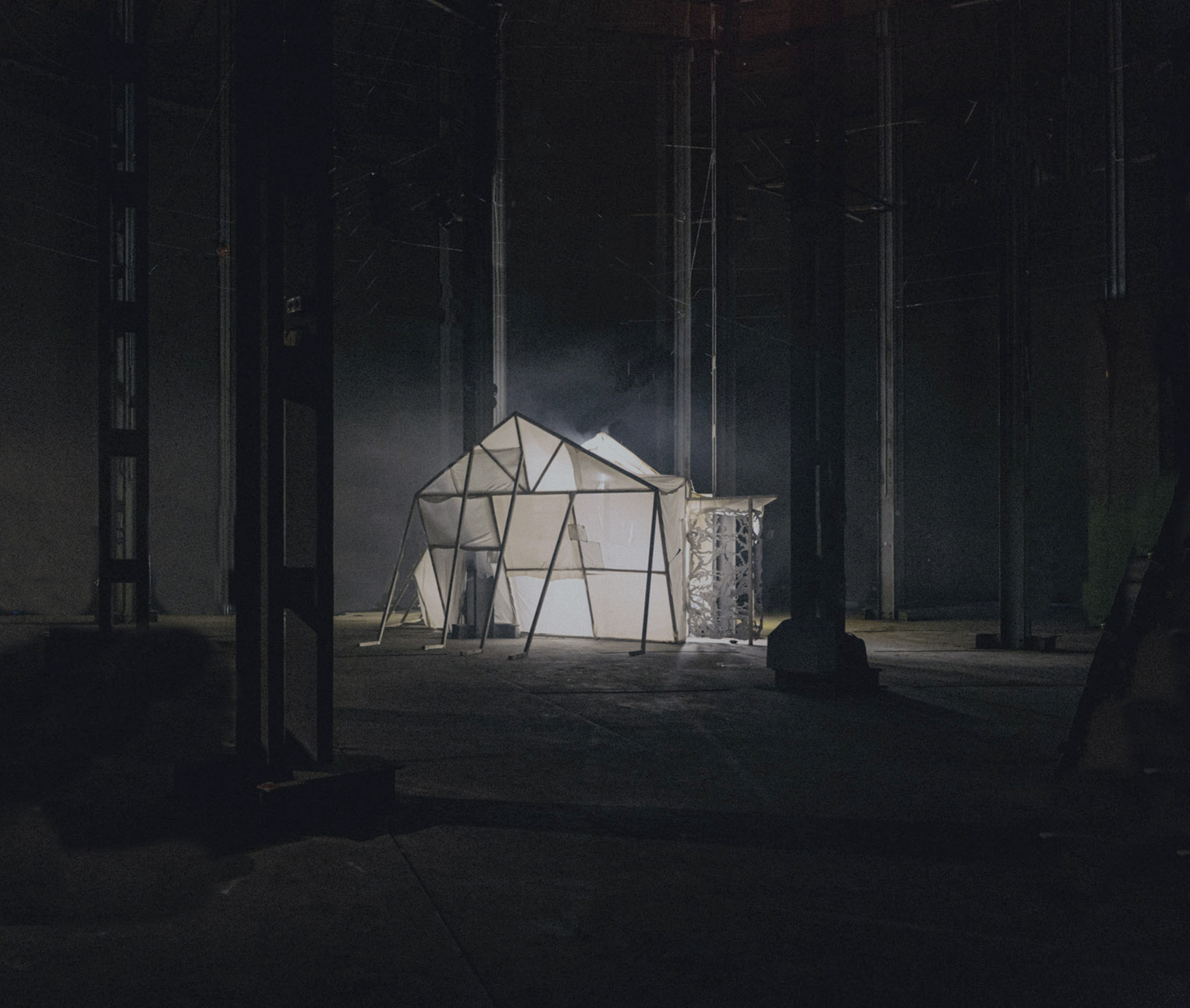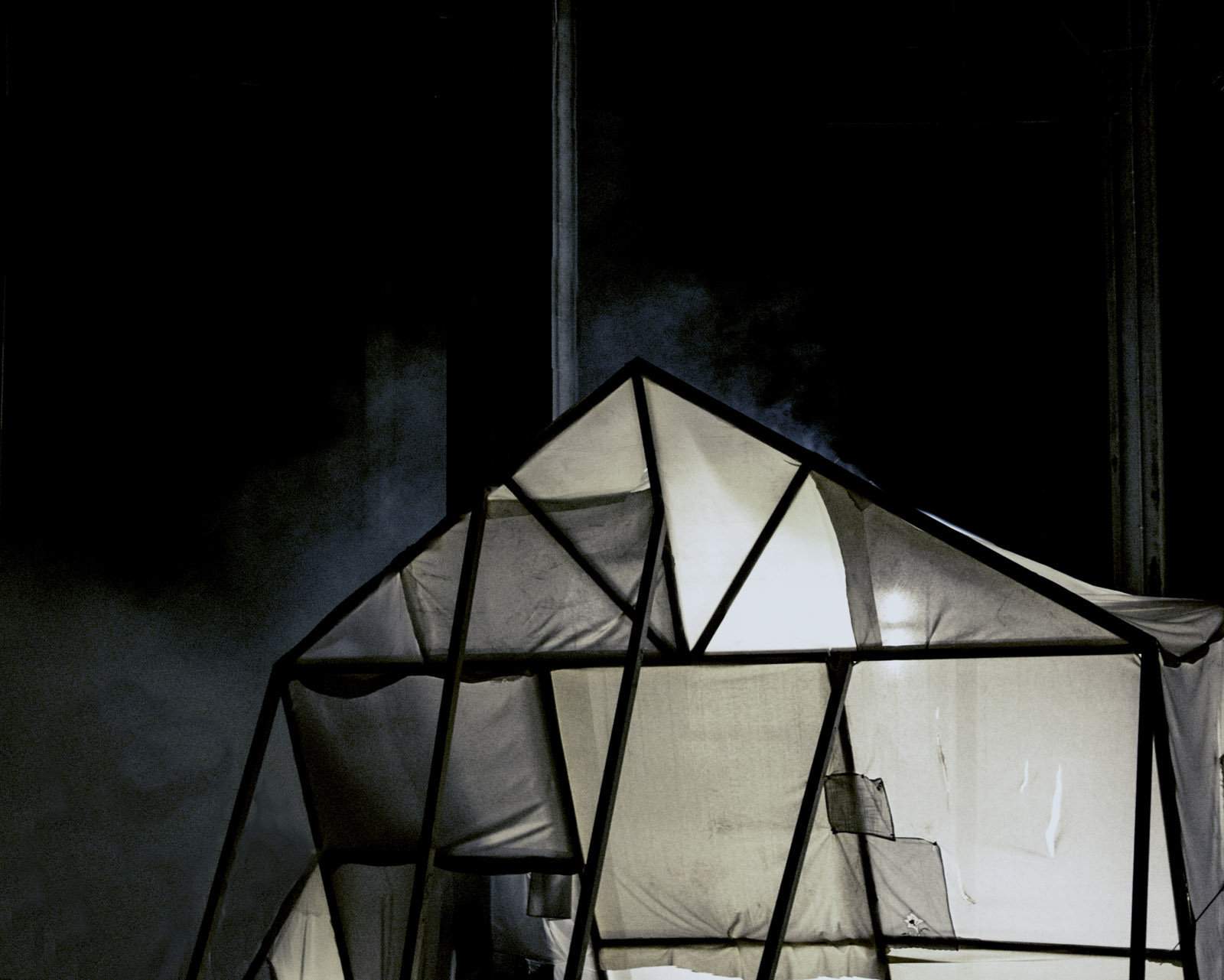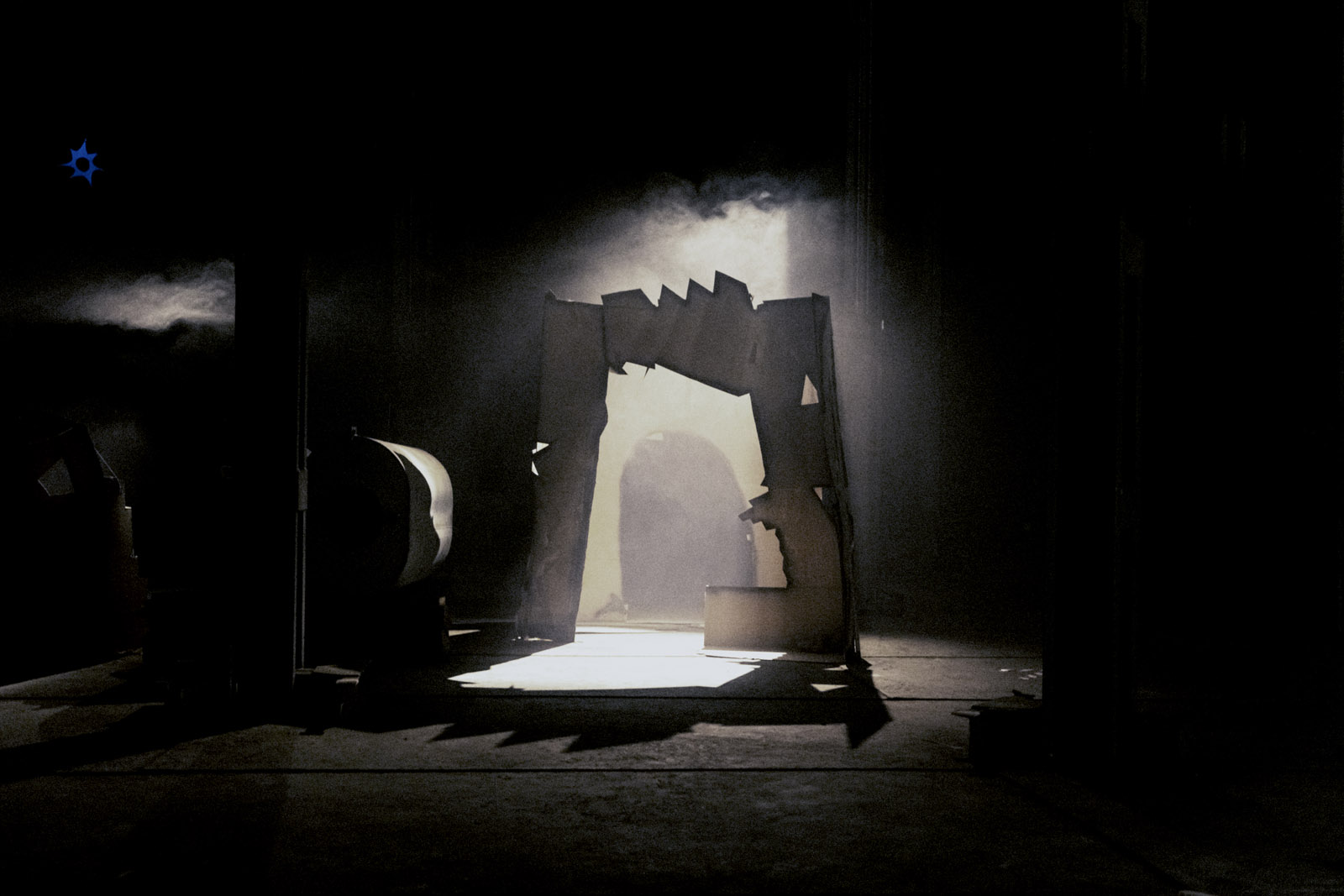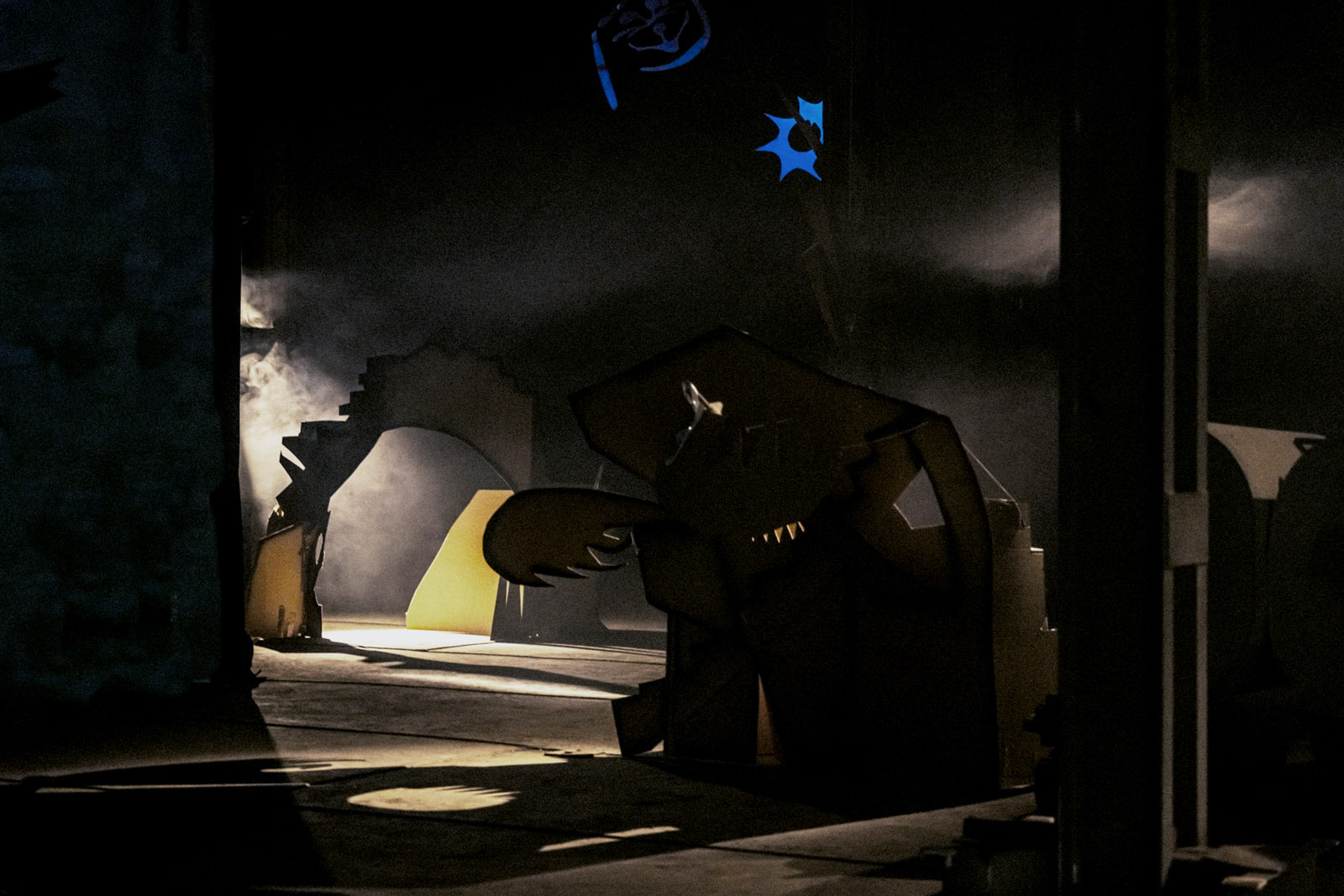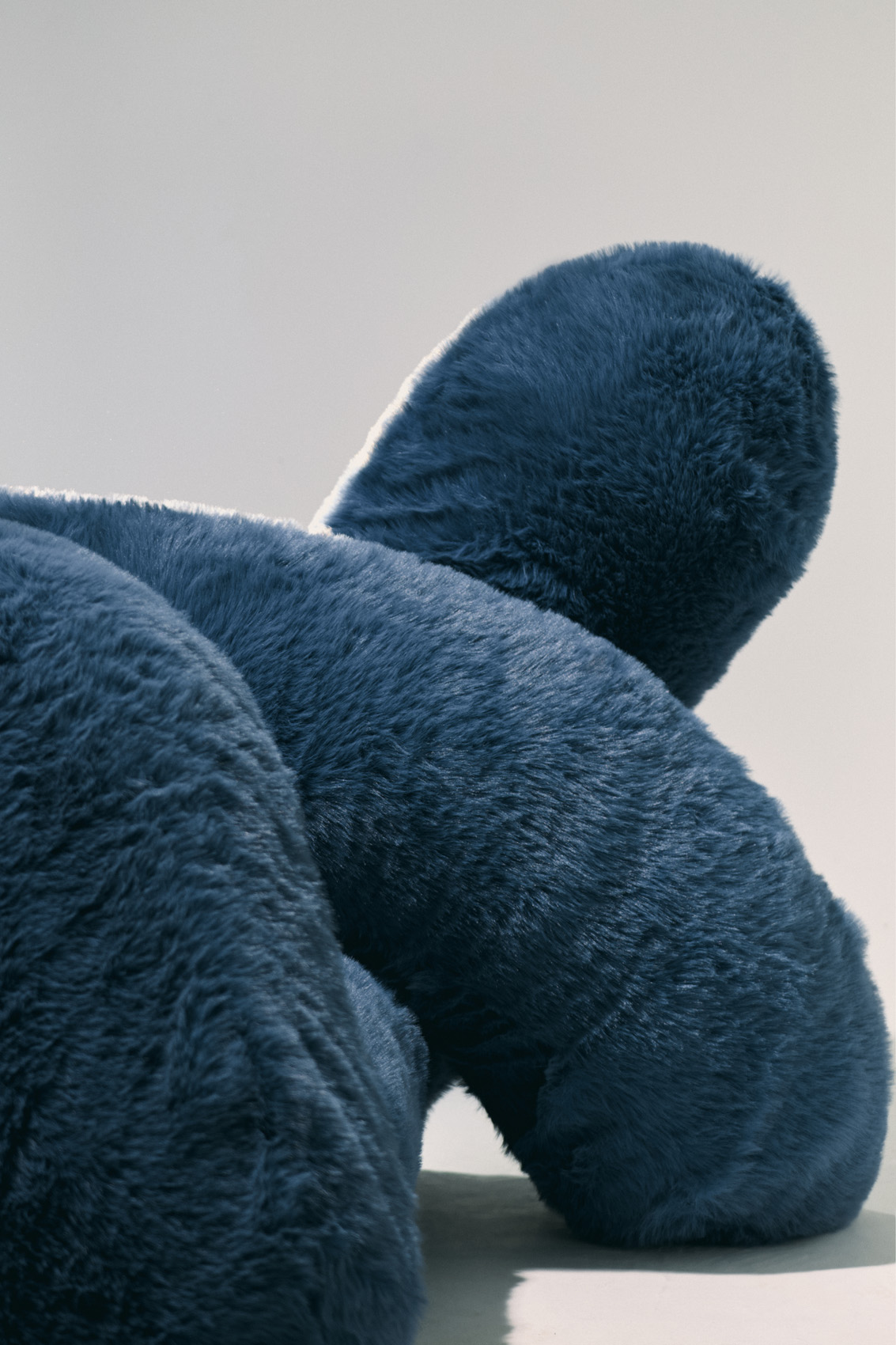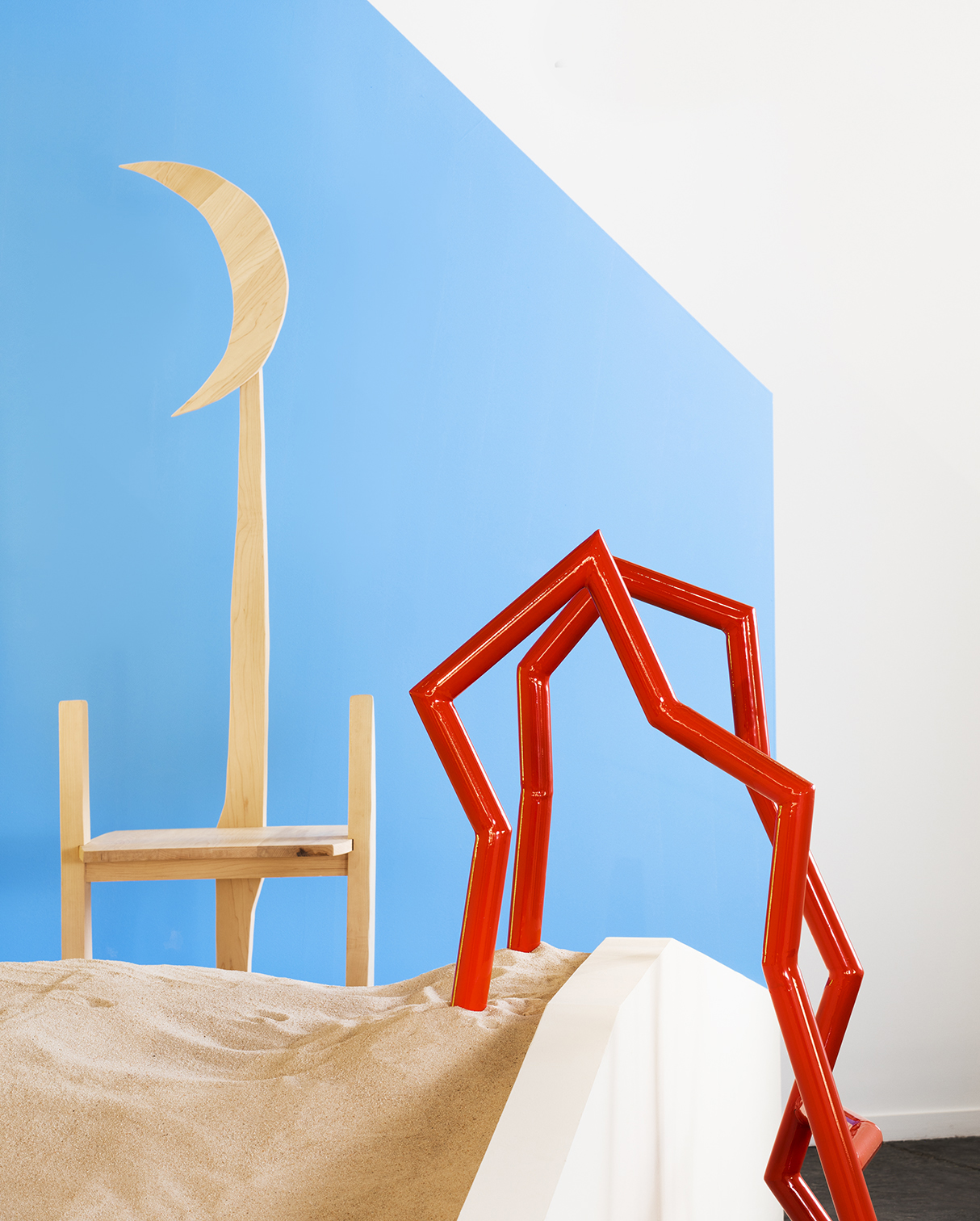
2022
PROHIBIDO PASAR
art
eng
esp
PROHIBIDO PASAR es un fragmento roto de paisaje. Un paisaje de roca costera y agua de mar. Un lugar construido y olvidado que nos provoca con su forma y su significado: la antigua leprosería de Abades en la isla canaria de Tenerife.
Allí, al lado de Playa Grande, mirando hacia la montaña roja, se levanta esta ruina que revela la historia de lo que fue y lo que pudo haber sido. Fue un cuartel militar tras la Guerra Civil española, todavía hoy quedan huellas de su uso. Pudo haber sido un sanatorio para leprosos, un lugar de cura y aislamiento. Cuenta la Historia de la locura de Foucault como las leproserías quedaron vacías para luego ser ocupadas por las “cabezas alienadas”.
Del mismo modo, la historia de esta exposición toma la lepra como punto de partida para hablar del miedo y sus delirios. Del miedo al paso del tiempo, del miedo al futuro como construcción imaginada, del miedo al pasado que no conocimos y del miedo al presente que vivimos con la única certeza de nuestra soledad.
Allí, al lado de Playa Grande, mirando hacia la montaña roja, se levanta esta ruina que revela la historia de lo que fue y lo que pudo haber sido. Fue un cuartel militar tras la Guerra Civil española, todavía hoy quedan huellas de su uso. Pudo haber sido un sanatorio para leprosos, un lugar de cura y aislamiento. Cuenta la Historia de la locura de Foucault como las leproserías quedaron vacías para luego ser ocupadas por las “cabezas alienadas”.
Del mismo modo, la historia de esta exposición toma la lepra como punto de partida para hablar del miedo y sus delirios. Del miedo al paso del tiempo, del miedo al futuro como construcción imaginada, del miedo al pasado que no conocimos y del miedo al presente que vivimos con la única certeza de nuestra soledad.
PROHIBIDO PASAR is a broken fragment of landscape. A landscape of coastal rock and seawater. It is a built and forgotten place that provokes us with its form and meaning: the old leprosarium of Abades on the Island of Tenerife.
Next to Playa Grande, looking towards the red mountain, this ruin reveals the history of what it was and what it could have been. It was a military base after the Spanish Civil War, and today there are still traces of that use. It could have been a sanatorium for lepers, a place of healing and isolation. Foucault’s History of Madness tells how the leprosarium was left empty to be occupied by the “alienated heads”.
In the same way, the story of this exhibition takes leprosy as a starting point to talk about fear and its delusions. Fear of the passage of time, fear of the future as an imagined construction, fear of the past that we did not know, and fear of the present that we live with the only certainty of our loneliness.
Next to Playa Grande, looking towards the red mountain, this ruin reveals the history of what it was and what it could have been. It was a military base after the Spanish Civil War, and today there are still traces of that use. It could have been a sanatorium for lepers, a place of healing and isolation. Foucault’s History of Madness tells how the leprosarium was left empty to be occupied by the “alienated heads”.
In the same way, the story of this exhibition takes leprosy as a starting point to talk about fear and its delusions. Fear of the passage of time, fear of the future as an imagined construction, fear of the past that we did not know, and fear of the present that we live with the only certainty of our loneliness.






credits
Photography: Pau geis, (@paugeis) Will Reyes (@guillewillreyes)
Organizer: Centros de arte Tenerife (@centrosdeartedetenerife)
